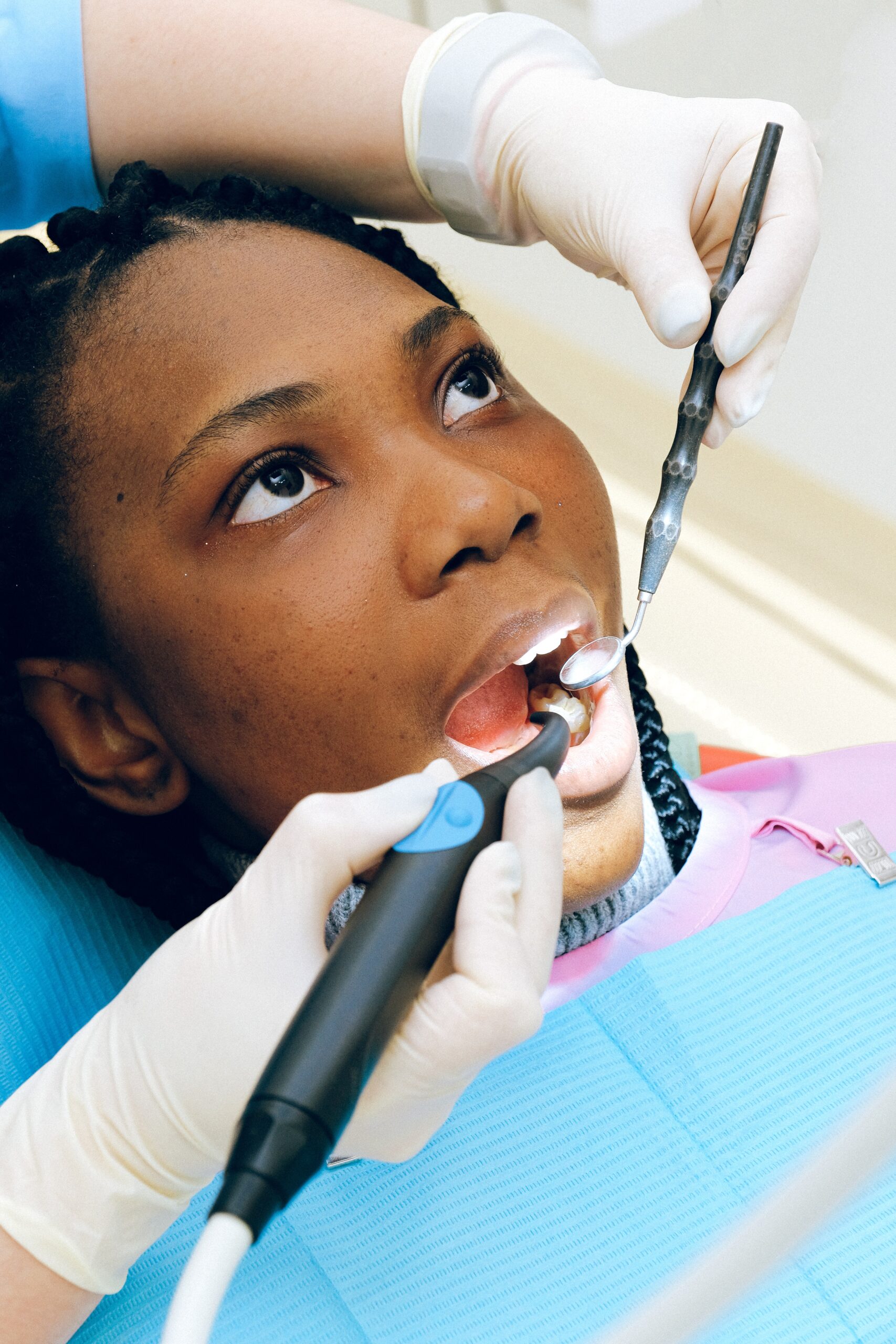Study design & expert advice
For the initial phase of research projects and clinical studies, we offer consultancy and support for project and study design. Our team includes a number of experienced PhD-level experts, who can advise you regarding the design of your research project and/or clinical trial, the optimal sampling methods, practical aspects regarding storage and logistics and the most appropriate technical approach.
Sampling, shipping and storage
The diversity of the oral microbiome appears to be reflected in the number of sampling methods for it. Oral/buccal swabs are often used, as are scraping of the biofilm on tongue and teeth, saliva sampling, etc. A very commonly applied method is the use of paper points, which can be used to sample not only in the oral cavity but also in the interdental spaces. BaseClear can advise on which sampling method to use for your specific oral microbiome study. We accept samples that are collected with all methods. For all sampling methods, it is important that a dedicated sampling area is used, which is similar for all involved patients and volunteers. Of course, we can advise you about the instructions on the sampling for the involved nurses. We can also supply all materials for storage and shipping with stabilizing buffers that allow for shipment at room temperature.
Fully automated 16S rRNA and ITS gene-based profiling
We offer a complete microbial community analysis service, including fully automated DNA/RNA extraction from the oral samples. By using PCR and NGS technology, we can determine the composition of bacteria, Archaea and fungi in your sample. Standard solutions for microbial profiling include 16S and/or ITS amplicon analysis for taxonomic classification and relative frequencies.
Quantification & tracking of specific strains within the microbiome using qPCR
Using a qPCR approach, we can measure changes in the abundance of specific strains within the skin microbiome. We offer this service including project design and performing the assays. Due to the quantitative method that is used, we can deliver the absolute abundance of the strains that are analyzed.
Shotgun metagenomics for species level identification and functional analysis
With our state-of-the-art shotgun metagenomics pipeline, we offer a full analysis service, including quality control of the data, metagenome assembly and generation of tables that describe the abundance of different functional units and pathways across different samples. To this end, we use an in-house, improved analysis suite that includes metagenome assembly, gene prediction, gene catalogue creation and annotation, as well as abundance estimation of annotated genes and other functional units. For this analysis, we use specific curated databases for the vaginal microbiome. For this analysis, we use specific curated databases for the oral microbiome. Due to the complexity of the oral microbiome, a large sequencing depth may be required.
Data interpretation & study reporting
Interactive data visualization tool BaseClear’s proprietary Genome Explorer browser including basic biostatical analysis options (e.g. PCA, RDA). Also BaseClear offers data interpretation to support your ‘microbiome friendly’-claim.




